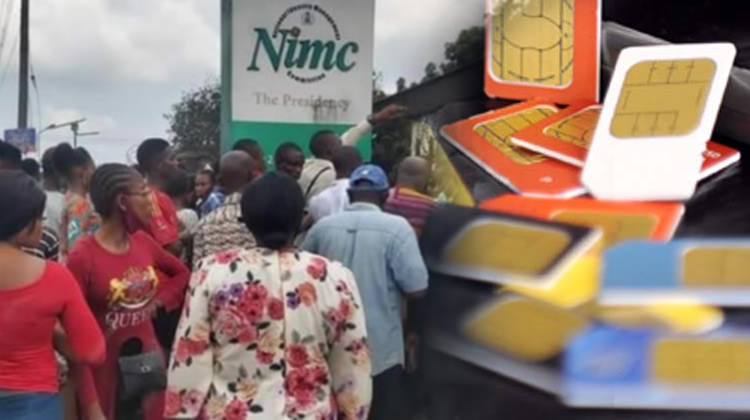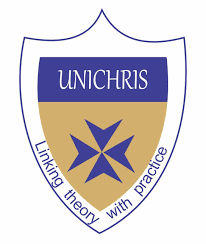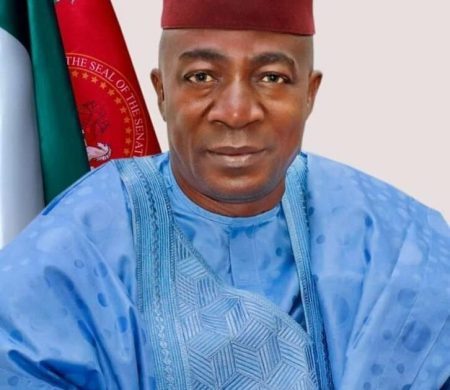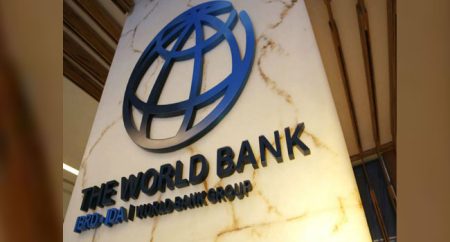The National Identity Management Commission (NIMC) has found itself at the center of a growing controversy surrounding disruptions in telecom services across Nigeria. While the commission insists its National Identification Number (NIN) verification portal is fully operational, telecom subscribers and operators continue to report persistent issues, particularly with SIM swap and replacement services. This disagreement has led to widespread frustration and inconvenience for mobile users who rely on seamless connectivity. The core of the issue appears to be a disconnect between NIMC’s claims of a functioning portal and the on-the-ground reality experienced by telecom providers and their customers.
The importance of NIN verification in Nigeria’s telecom landscape cannot be overstated. In a bid to curb fraud and unauthorized access to mobile lines, the country implemented a mandatory NIN-SIM linkage policy. This requires individuals to verify their identity through their NIN for various SIM-related activities, including SIM swaps, a crucial service for those who lose their phones or experience SIM card malfunctions. Consequently, the alleged downtime of the NIMC verification portal has created a significant bottleneck, preventing users from retrieving their phone numbers and accessing essential communication services. This situation underscores the vulnerability of a system heavily reliant on a single point of verification.
The disruption, which initially surfaced weeks ago, has persisted despite NIMC’s assurances of restored service following a scheduled maintenance exercise. Telecom operators like Airtel Nigeria have publicly acknowledged the ongoing issues, attributing the disruption to the unavailability of the NIN portal. They have expressed their apologies to customers for the inconvenience caused, but their hands remain tied as they await a resolution from NIMC. This public acknowledgement from major telecom providers lends credibility to the claims of widespread service disruptions and further complicates the narrative presented by NIMC.
The conflicting accounts from NIMC and telecom operators have created confusion and uncertainty. NIMC maintains that its portal is operational and suggests the problem lies with the telecom operators. This assertion is countered by the experiences of numerous subscribers who continue to encounter difficulties with NIN-dependent services. The lack of clarity regarding the root cause of the disruption fuels speculation and exacerbates the frustration experienced by users. This impasse underscores the need for transparent and effective communication between NIMC, telecom operators, and the public.
The ongoing disruption has far-reaching implications for Nigerian mobile users. Beyond the immediate inconvenience of not being able to replace lost or damaged SIM cards, the situation raises concerns about security and accessibility. The inability to quickly regain access to one’s phone number can leave individuals vulnerable to various forms of fraud and can disrupt essential communication channels. Moreover, the disruption disproportionately affects those who rely heavily on mobile communication for their livelihoods, highlighting the critical need for a reliable and accessible NIN verification system.
Addressing this issue requires a collaborative effort from all stakeholders. NIMC needs to thoroughly investigate the reported issues and provide concrete evidence to support its claim of a functioning portal. Telecom operators should continue to update their customers on the situation and work closely with NIMC to identify and resolve any technical challenges. Furthermore, clear communication channels need to be established to ensure transparency and accountability. Ultimately, a swift resolution is crucial to restore confidence in the NIN verification system and ensure seamless access to essential telecom services for all Nigerians. The ongoing situation serves as a stark reminder of the importance of robust and reliable digital infrastructure in an increasingly interconnected world.














